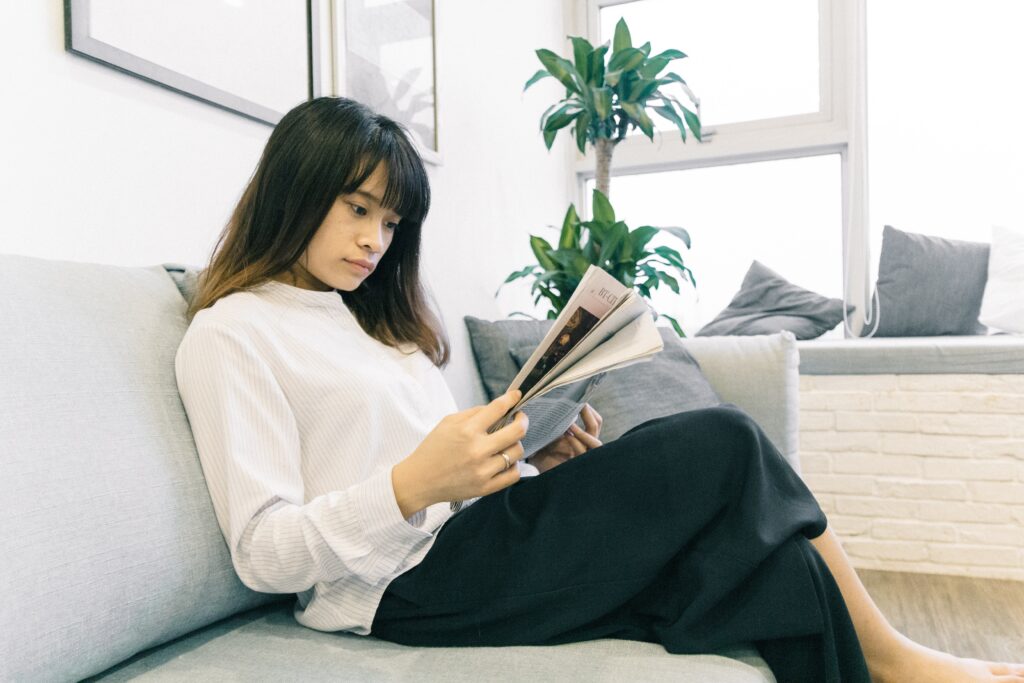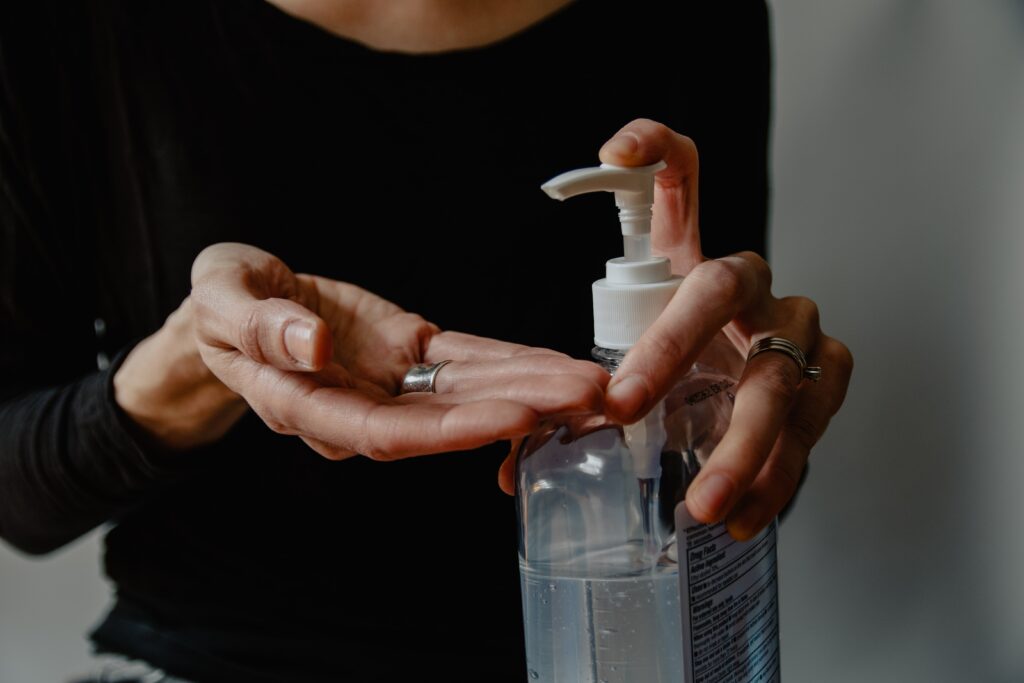As part of our “Love Essentially” series, Jackie Pilossoph helps us navigate the complex world of relationships. Have a question that you would like her to answer ? Contact her here, and it may be featured in an upcoming article!
Intense fear, uncertainty and anxiety hit us all in mid-March, when the Coronavirus shut-down began. At the time, there were so many unknowns. Would mass hospitalizations overwhelm the healthcare systems? Was it really necessary to spray and wipe every grocery item with bleach? How long could the economy sustain the shutdown?
The past couple of weeks have felt uplifting in a way. With COVID cases and deaths on the decline, businesses opening back up, and the weather feeling summerlike, the world seems a bit more relaxed and definitely up for resuming life outside our homes. But leaving the house doesn’t mean leaving the fear behind. In fact, these new phases could be bringing new fears along.
Andrew Rosenbloom, Psy.D. is North Shore based Licensed Clinical Psychologist whose practice has a niche in helping adults and adolescents manage and overcome anxiety. Rosenbloom said that fear and anxiety stem from what we can’t control, along with the risks we will probably feel like we’re taking as the economy reopens.
“People used to talk about having ‘FOMO’—fear of missing out. Now they could experience ‘FOGO’—fear of going out,” said Rosenbloom, who has been practicing for 10 years. “Coming out of our homes and going back into offices and schools and the community is going to create that uncertainty of, ‘Are we going to get sick?’ or ‘Are we going to get someone we love sick?’”
He said fear and trepidation are perfectly normal, as the experts don’t even have answers for us yet.
“We have to take chances and learn to live with that fear,” Rosenbloom said. “We can’t live a life of what if’s. But that said, everyone has their own comfort level.”
So, how do we cope with fear and anxiety stemming from yet another lifestyle change? Here are some suggestions:
Limit news

Watching, listening and reading the numbers of new COVID cases and deaths every day isn’t the best idea, nor is exposing yourself to politicians blaming each other and the news media taking sides. It’s good to know what’s going on in the world, but minimizing exposure is probably beneficial for managing anxiety and maintaining a healthy emotional wellbeing.
Know and accept your boundaries
Every individual is going to have his or her own boundaries, meaning what activities they’re willing to do and at what places they feel comfortable. One person might not want to go to a hair salon, while someone else might feel OK with it. Others might think it’s safe to go to a restaurant whereas some might hold off for now. Whatever we choose to do, we have to accept the fact that there’s not going to be any certainty of safety. That doesn’t mean it’s not safe, it just means there is still too little knowledge of the virus, even from experts.
Accept other people’s boundaries
Every individual has his or her own comfort level when it comes to what they want or choose to do as the economy reopens. I recently asked a client if she wanted to meet me at an outdoor park for a business meeting and she declined, stating she just wasn’t ready yet. It’s important not to judge, and to respect other’s comfort levels and decisions right now. You never know what someone else is thinking, what their past experiences have been, or the reasons for their fears.
Maintain self-care regimens

Continue to control what you can: wearing a mask, washing your hands frequently, not touching your face, and social distancing. Also, eating healthy, exercising, and practicing yoga and meditation and engaging in mindfulness activities are proven to help reduce anxiety and promote calmness and peace. Furthermore, all of these things are immune system boosters, which could help if you get the virus.
Practice self-compassion
Be kind to yourself. Forgive yourself if you are afraid. It’s understandable. Tell yourself, “I’m going to be OK.”
Consider therapy
If you feel you your stress level is disrupting your quality of life, talk therapy can be beneficial. A therapist can teach you some coping mechanisms. Therapy is available over the phone or in person, depending on the therapist and the comfort level of the client.
In closing, change isn’t easy for most people and since the start of 2020, everyone in the world has gotten more than our share. Although these rapidly everchanging times, combined with fear of the unknown future can trigger angst and worry, according to Rosenbloom, we’ll learn to acclimate.
“By nature, human beings are resilient,” he said. “We adapted during the shutdown, and we will adapt again as the country reopens.”
How to Help:
Many are finding that helping others is an effective way to help combat feelings of powerlessness in the face of COVID-19. Here are some organizations that need your help in Chicago and the Bay Area right now.
More from Better:
- You Said It: Support Those Battling Addiction During COVID-19
- What Exactly Are These Emotions We Are Feeling? Psychologists Explain
- Can You Be Happy During A Pandemic? Research Says Yes
 Jackie Pilossoph is a former television journalist and newspaper features reporter. The author of four novels and the writer of her weekly relationship column, Love Essentially, Pilossoph is also the creator of the divorce support website, Divorced Girl Smiling. Pilossoph holds a Masters degree in journalism and lives in Chicago with her two teenagers.
Jackie Pilossoph is a former television journalist and newspaper features reporter. The author of four novels and the writer of her weekly relationship column, Love Essentially, Pilossoph is also the creator of the divorce support website, Divorced Girl Smiling. Pilossoph holds a Masters degree in journalism and lives in Chicago with her two teenagers.
